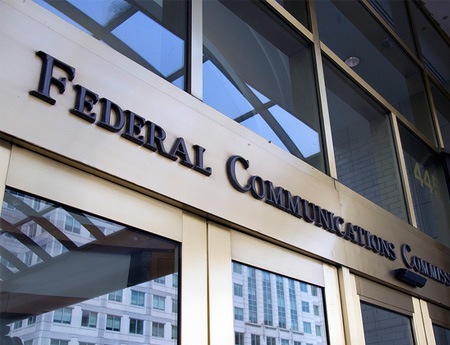Wheeler to Hill: Broadband Privacy Regs Necessary

The smarter way to stay on top of broadcasting and cable industry. Sign up below
You are now subscribed
Your newsletter sign-up was successful
FCC chairman Tom Wheeler has made it clear that he sees ISPs as the potential chokepoint for internet competition and information flows, a point he made in a letter to the Republican leadership of House oversight committees.
In a letter responding to GOP legislators unhappy with the FCC's proposed new broadband privacy regulations, Wheeler clearly outlined his thinking behind proposing an opt-in regime for sharing user information with third parties, for setting time limits on breach notifications, and other brightline rules. ISPs argue enforcing voluntary privacy policies is the way to go, as the Federal Trade Commission does for edge providers and used to do for broadband providers before the FCC assumed authority over ISP consumer privacy by reclassifying internet access as a common carrier service.
Wheeler drew bright lines between edge providers, who also collect and share web surfer's information, and ISPs.
One of those is that while a consumer can "instantaneously" switch search engines or chose among websites or apps, once connected to an ISP, they "cannot simply avoid the network in the same manner..." Wheeler cites early termination fees, installation fees, activation fees and the cost of equipment.
And even if a consumer could afford the costs, he said, "more often than not, a comparable alternative simply isn't available." That is a reference to an FCC report finding that only 23% of census blocks have access to more than one ISP (the FCC calls them BIAS, or broadband internet access service, providers) at download speeds of 25 Mbps, the FCC's new "table stakes" definition of high-speed.
Wheeler said that ISPs have an "unobstructed view" of all unencrypted online activity, and even when it is encrypted, he said, they can see the websites that are visited, how often, and how much time they spend there, allowing them to piece together "enormous amounts of information."
ISPs argue that websites and search engines can also collected such information, but Wheeler maintains the FCC does not have jurisdiction over edge privacy, which remains under the authority of the Federal Trade Commission.
The smarter way to stay on top of broadcasting and cable industry. Sign up below
As to arguments that bifurcated privacy approach, with the FCC overseeing broadband consumer privacy and the FTC edge privacy, is unfair, Wheeler points to shared jurisdiction over health information privacy between the FTC and HHS.
Contributing editor John Eggerton has been an editor and/or writer on media regulation, legislation and policy for over four decades, including covering the FCC, FTC, Congress, the major media trade associations, and the federal courts. In addition to Multichannel News and Broadcasting + Cable, his work has appeared in Radio World, TV Technology, TV Fax, This Week in Consumer Electronics, Variety and the Encyclopedia Britannica.

